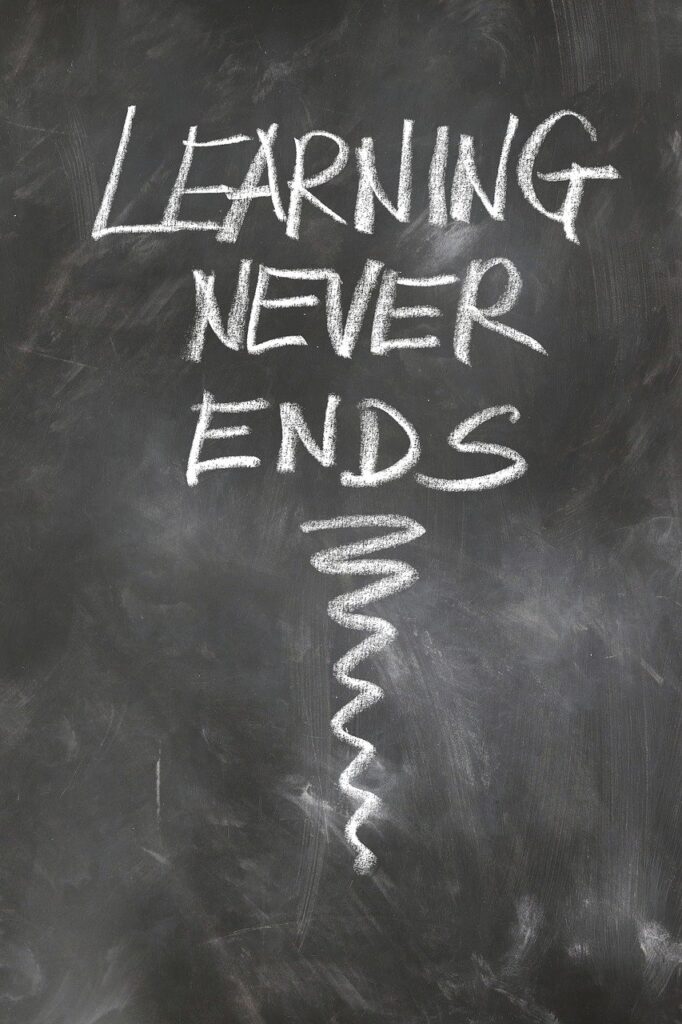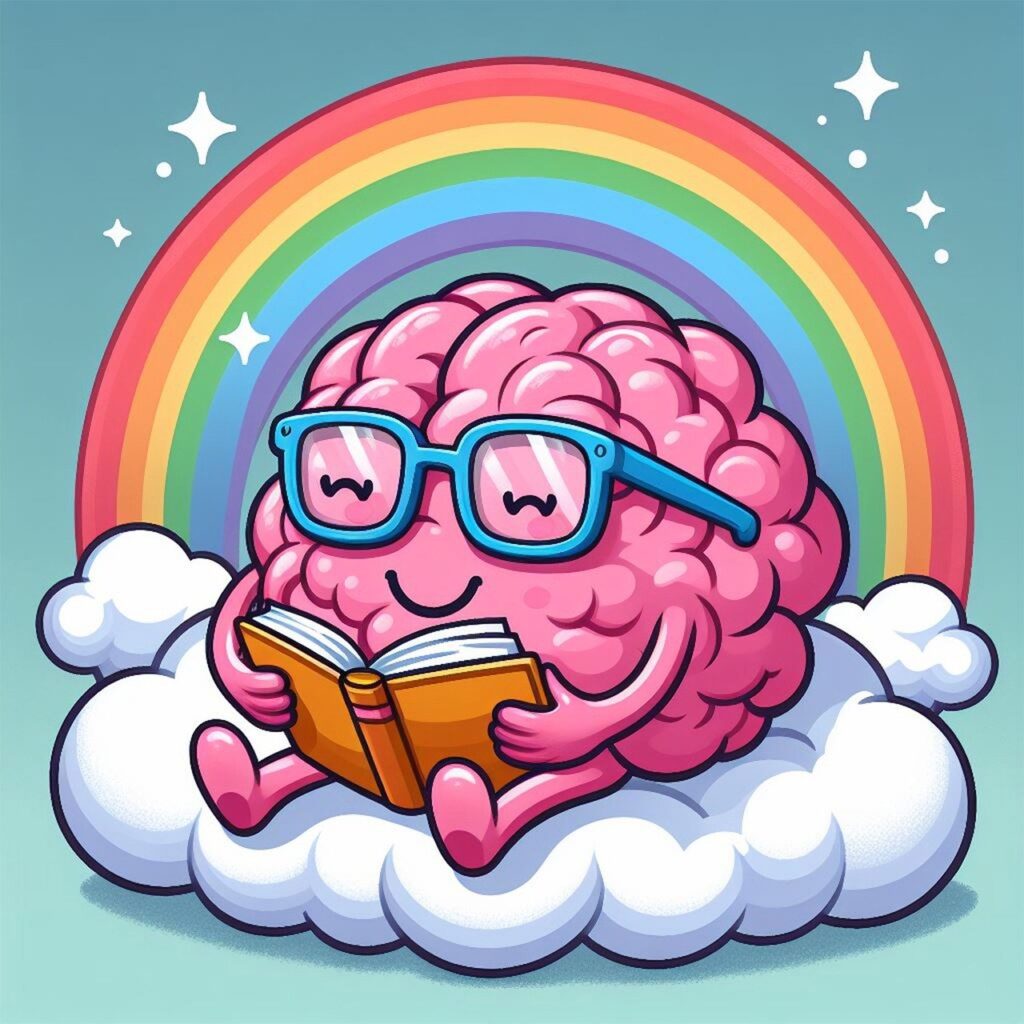Wisdom flows like water
Picture by Frank Mckenna
Water Element
The more wisdom we acquire, the less we are influenced by societal constraints. Consider the following analogy: our wisdom is like water poured into a glass. The amount of water (wisdom) in the glass depends on how much we know, but the shape of the glass represents the constraints imposed by society or our fixed ideas.
With increased wisdom, we can dissolve the glass, allowing our understanding to flow freely without the boundaries or limitations set by others. Ultimately, the only limit to our wisdom is our own imagination.
Please take a look at the practical section for more contents and tools!
“Live as if you were to die tomorrow. Learn as if you were to live forever.“
–Mahatma Gandhi
Relations to the Key Principles

The Interconnection of Time, Wisdom, and Learning
Time, wisdom, and learning are intricately intertwined, forming the foundation of personal and intellectual growth. Time is a finite resource that must be managed wisely, as the moments we invest in learning directly contribute to our wisdom base. In today’s fast-paced world, the ability to prioritize and allocate time for continuous education is paramount for success and fulfillment.
Wisdom is not static; it evolves through ongoing learning experiences. The pursuit of wisdom requires a commitment to lifelong learning, where individuals embrace new ideas, challenge assumptions, and remain curious. By dedicating time to acquiring new skills and insights, we enhance our ability to adapt to changing environments and solve complex problems.
Moreover, effective time management fosters a conducive learning environment. Setting aside specific periods for study or skill development can create a structured approach that minimizes distractions and enhances focus. This intentional allocation of time allows for deeper engagement with the material, leading to better retention and understanding.
Conversely, the lack of time for learning can stifle personal growth and limit wisdom acquisition. In an era characterized by information overload, finding the time to sift through vast amounts of data and extract valuable insights is crucial. Thus, recognizing the importance of time in relation to wisdom and learning empowers individuals to take charge of their educational journeys.
In conclusion, the interplay between time, wisdom, and learning underscores the necessity of intentionality in personal development. By valuing time as a precious commodity, we can cultivate a lifelong love of learning that enriches our lives and enhances our capabilities.
Picture by geralt
The Harmony of Balance, Wisdom, and Learning
Balance, wisdom, and learning are essential components of personal and intellectual growth, each influencing the other in significant ways. Achieving balance in our lives allows us to allocate time and energy effectively, ensuring that we pursue wisdom and engage in continuous learning without neglecting other important aspects, such as relationships and self-care.
In our quest for wisdom, it is easy to become overwhelmed by the sheer volume of information available. Striking a balance between academic pursuits, practical application, and personal interests is crucial. This equilibrium fosters a deeper understanding of the material, allowing us to synthesize new ideas and apply them meaningfully in various contexts. When we prioritize balance, we create space for creativity and critical thinking, which are vital for effective learning.
Moreover, balance encourages us to be selective about the wisdom we acquire. By focusing on relevant, high-quality information, we avoid the pitfalls of information overload and enhance our capacity to retain and apply what we learn. This intentional approach to learning not only enriches our understanding but also empowers us to make informed decisions in our personal and professional lives.
Conversely, an unbalanced life can lead to burnout and hinder our ability to learn effectively. When we neglect other areas of our lives, our cognitive function and motivation suffer, making it challenging to absorb new wisdom.
In summary, the relationship between balance, wisdom, and learning highlights the importance of a holistic approach to personal development. By nurturing balance in our lives, we can cultivate a richer, more meaningful pursuit of wisdom that enhances our overall well-being.
Picture by GrumpyBeere


The Intricate Connection Between Learning, Wisdom, and the Brain
The relationship between learning, wisdom, and the brain is a dynamic interplay that shapes our cognitive abilities and influences our overall development. Learning is the process through which we acquire new information, skills, and experiences, while wisdom represents the accumulation of that information over time. This complex interaction fundamentally relies on the brain, which serves as the command center for our cognitive functions.
When we engage in learning, various brain regions are activated, including the hippocampus, which is crucial for forming and storing memories. Neuroplasticity, the brain’s ability to reorganize and adapt itself, plays a vital role in this process. As we learn, our brains form new neural connections, enabling us to retain information and apply it effectively. This adaptability allows us to absorb wisdom from diverse sources, whether through formal education, personal experiences, or social interactions.
Moreover, the type of learning we engage in can influence how wisdom is processed and retained. Active learning, which involves critical thinking, problem-solving, and hands-on experiences, is more effective than passive learning methods like rote memorization. This is because active learning stimulates greater brain engagement, fostering deeper understanding and long-term retention.
Conversely, a lack of stimulation or exposure to new information can hinder cognitive development and limit our capacity for learning. Thus, nurturing a stimulating environment that encourages exploration and curiosity is essential for optimizing the brain’s potential.
In summary, the relationship between learning, wisdom, and the brain underscores the importance of continuous intellectual engagement in shaping our cognitive abilities and enriching our lives.
Picture by Shadab_Asg